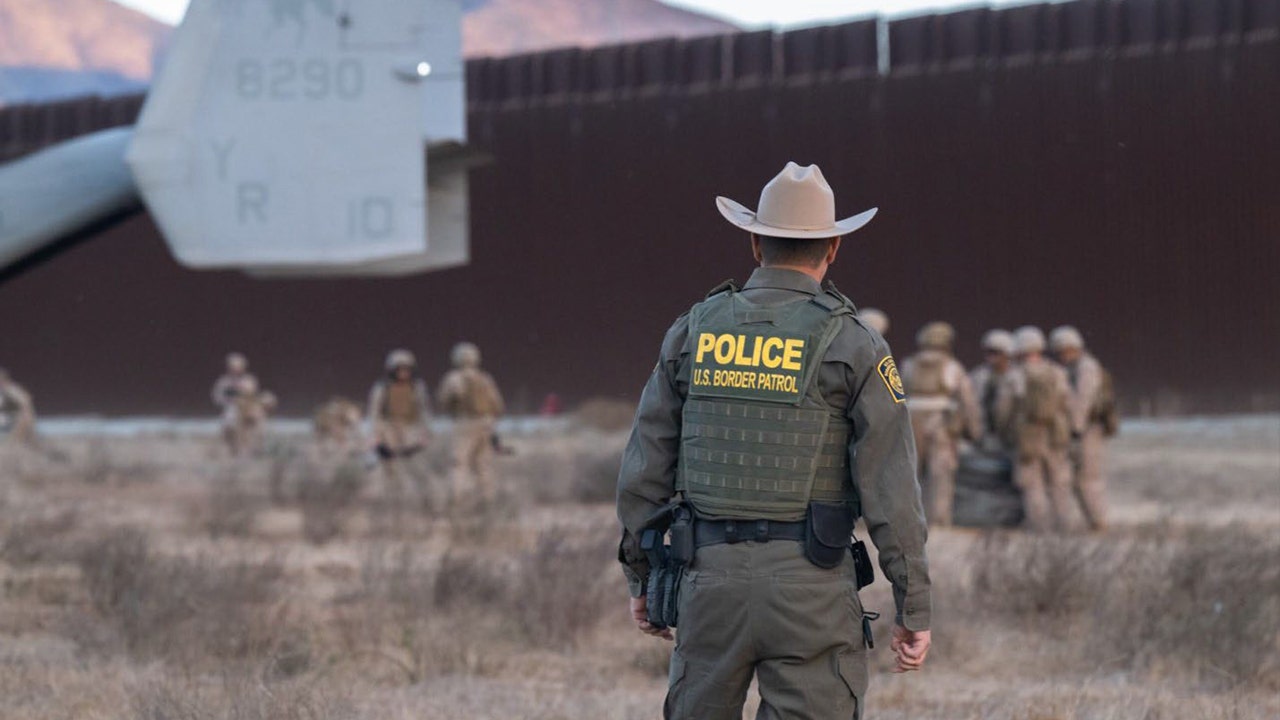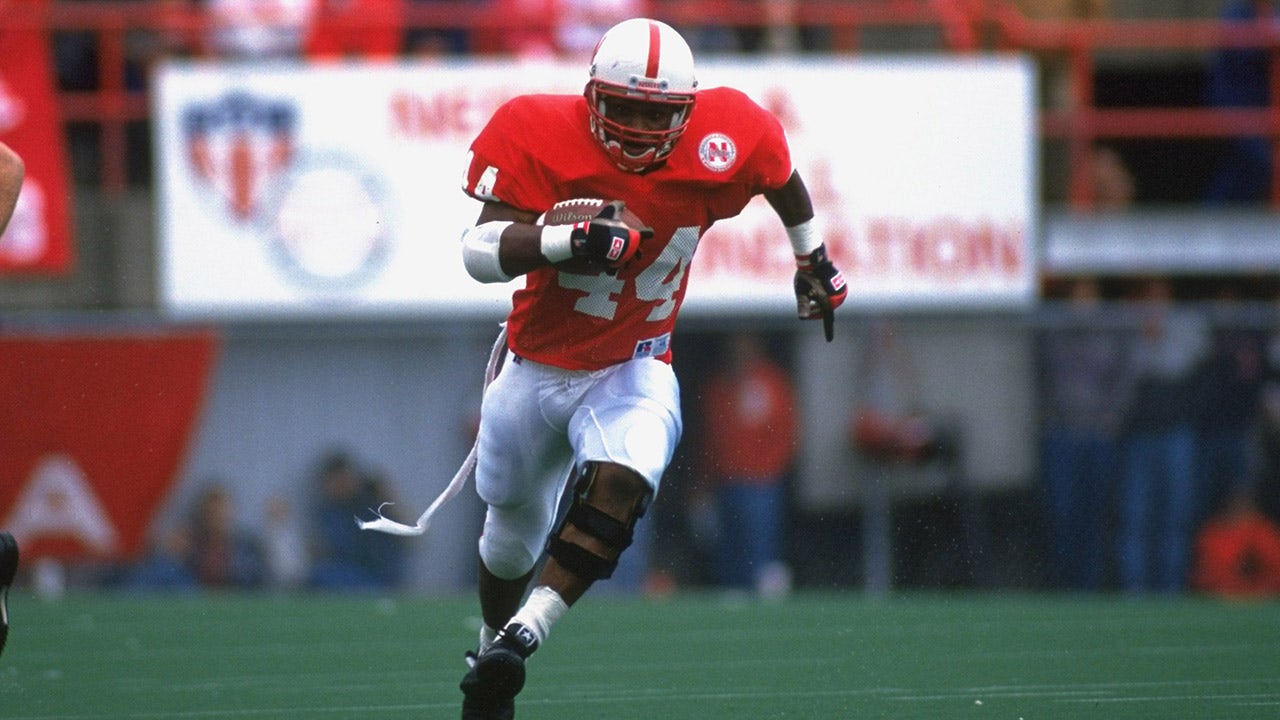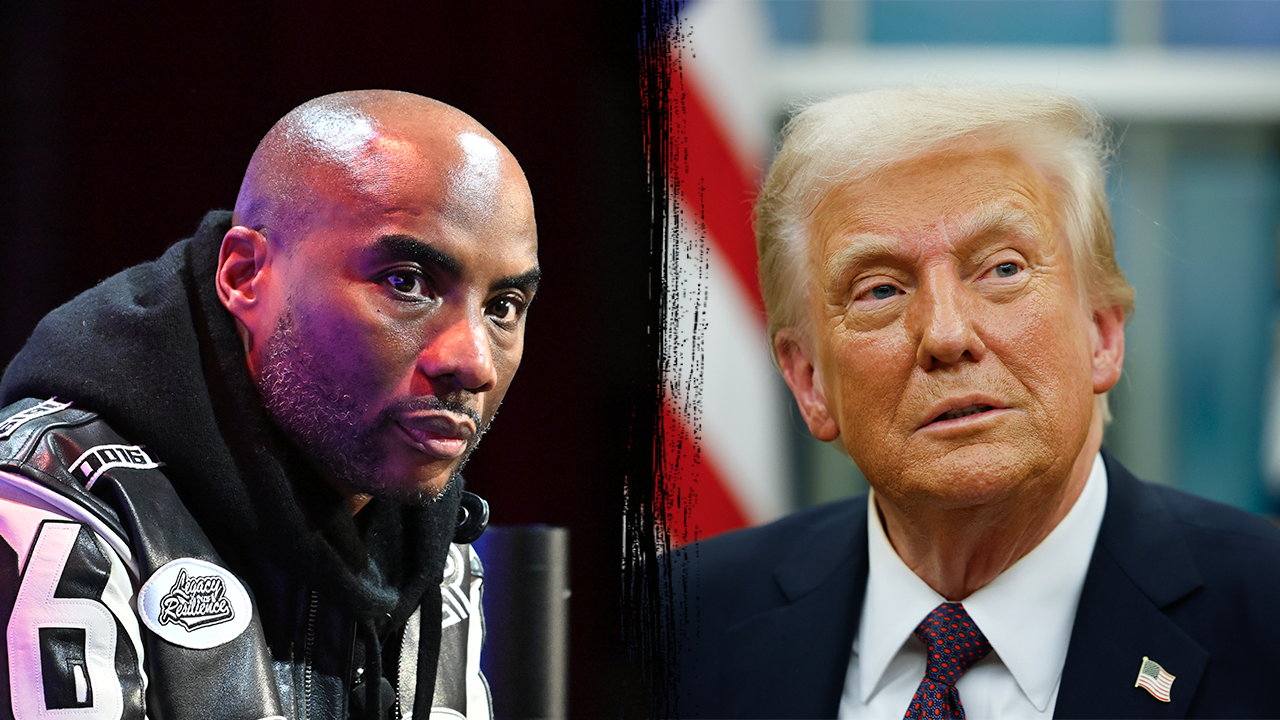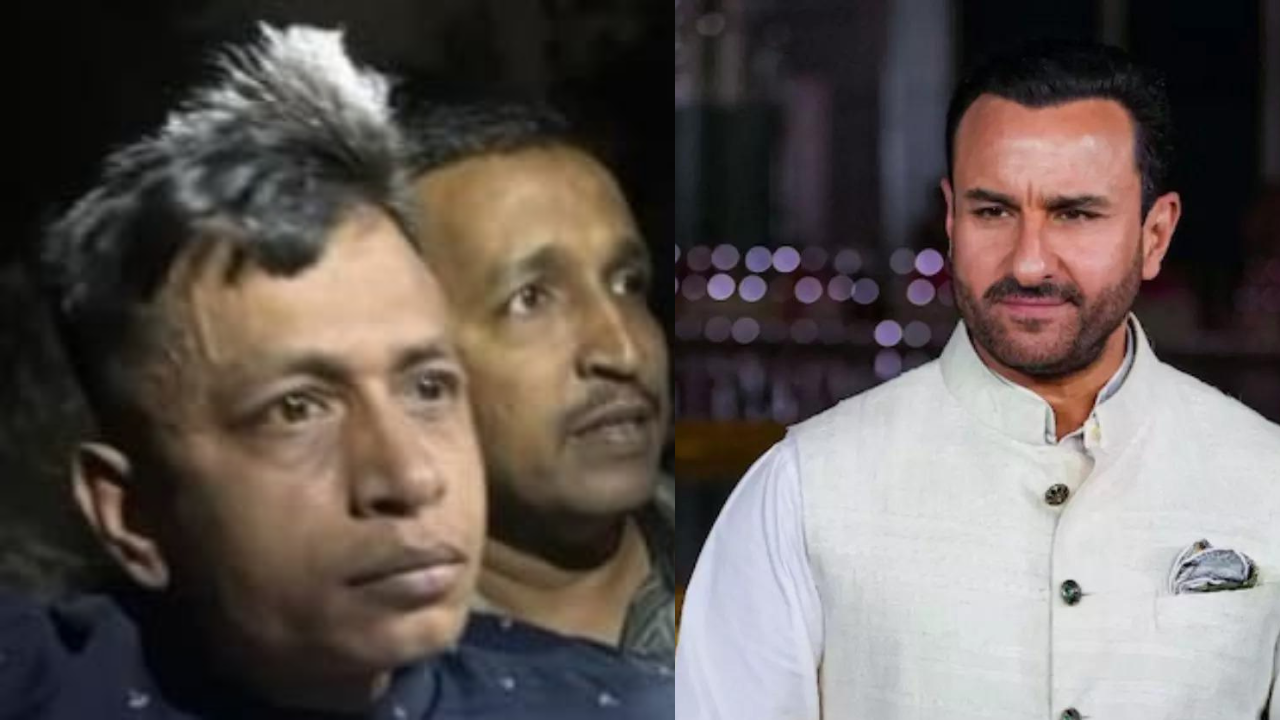In The Harder I Fight, The More I Love You, the singer-songwriter goes deep on a difficult childhood and the music that saved her
People always ask Neko Case how she writes her songs. She can’t explain it — some are “grim chores,” others seem “like they just fell out of a pocket of a coat I haven’t worn in a while.” But, as Case — a singer-songwriter known for her clarion voice and vivid, stirring lyrics, as well as a founding member of the New Pornographers — writes in her first book, she can tell you “what it feels like inside those songs.”
“Songs are part homemade diorama, part gerbil maze, and part Eighties music video — location, story arc, and cinematic container. You build all the tiny props inside and sometimes they just aren’t to scale, so you have to start over, and it’s crushing,” Case writes in The Harder I Fight, The More I Love You. “There are tantrums, tears.”
What becomes clear the deeper you venture into Case’s devastating new memoir is just how many of those tiny, idiosyncratic props are plucked straight from her own childhood and coming of age in the Pacific Northwest.
Take “Red Tide,” the penultimate track on her 2009 Grammy-nominated album, Middle Cyclone, where Case intones: “There’s a smell here that stands my hairs on end: Dog hair in the heater, gas pumps and cedar and jackknifes on the 9/And seabirds choked on fishing line.”
The smell of dog hair caught in a heating vent is such a specific one — you have to know it well to think of putting it in a song. And Case does. The child of two poor teenagers who had sex in the back of a car once, ended up pregnant, then realized they couldn’t stand each other, Case renders in heartbreaking detail the achingly lonely childhood she spent bouncing between two absentee wardens after they separated early in her life.
She recalls spending hours alone “in the freezing-cold living room of our freezing-cold house, on the stained, rust-colored carpet in the middle of piles of pet hair and salt, eyes glazed, staring at the tiny black-and-white TV.… I’d pick fleas off the dogs and cat, bite their tiny heads off, and spit them into the grill of the shitty Superelectric Instaheat space heater, where they would mingle with the dog hair and fry next to the fluorescent orange ribbon of heat, making a smell that was even too disgusting to even try to describe.”
Editor’s picks
By this point in her life, Case’s mother had already faked her own death — with a wake and all — then fled to Hawaii to escape the pressure of parenthood, leaving her second grader with her father and a puppy “no bigger than a pair of folded gym socks” for company. (Case named the dog Buffy, after Buffy Saint-Marie, whose music she adored.) A year and half later, her mother reappeared, with little explanation but a new boyfriend in tow, a man who “looked like a Ken doll” and collected exotic fish. She left again not long after, with a different boyfriend.
Her mother’s resurrection is just one of the harrowing and surreal memories she shares in The Harder I Fight, The More I Love You.

Case never wanted to write a tell-all, she says, speaking to Rolling Stone from her Vermont farmhouse on a dark winter afternoon. But, she tells me, bluntly: “It was at the height of the pandemic, and as most musicians, I was really broke and kind of desperate, and I got an offer from [publisher] Grand Central.… I wasn’t really into writing a memoir, but they were like, ‘Well, that’s what we’re gonna pay you to do.’ And I said, ‘Well, all right.’”
She overcame her initial reluctance to publicly excavate these memories — stories of poverty, neglect, grief, sexual violence, physical violence, mental-health struggles — with the thought that her story might be useful to someone else, like a hungry, young musician, or a kid questioning their gender.
Related Content
Case set about working with an editor, Carrie Frye (a veteran of the Awl who edited Jia Tolentino’s book of essays, Trick Mirror). Frye would send her prompts, and Case would freestyle in response. “I wrote way more than ended up in the book,” she says. “And a lot of the stuff got edited out, so a lot of the things that stayed in were kind of chosen for me — and then there were some things that I insisted stay.”
She insisted, for example, on including a vivid, almost supernatural memory she’s held tight to since she was seven years old — the moment she had clamped her eyes shut, desperately wishing for a horse, then opened them and saw two horses clomping down the street of her city neighborhood right toward her. It was the instant she became convinced she could will anything she wanted into existence.

It’s striking that even as the future she imagines into being unfurls before her — the cult fandom, the successive successes of her independent records, a major-label courtship, an invitation to play at the Grand Ole Opry — the financial stability she lacked growing up still seems to elude her. To this day, Case considers herself very much a working-class musician.
“Rock & roll mythology is really damaging and very untrue. I think it’s good to just talk about what it means to be a working-class musician,” she tells me. “There’s obviously Lady Gagas of the world and Taylor Swifts of the world, and Beyoncés of the world, and they’re awesome. But very few people make it to that level. The rest of us are schlepping it — which, if you really love it, doesn’t feel horrible.”
Take touring, for instance; she likens her impulse to stay on the road to the way some women forget the pain of childbirth so they can subject themselves to it again. “There’s a lot of camaraderie, but there’s no glamor anywhere. You’re using truck-stop toilets, and a lot of times you’re all sleeping in the same hotel room, if you get a hotel room, which a lot of times, when you’re starting out, you don’t. You are relying on the mercy of somebody who may have come to the show, who will let you stay at their house.… It can be gross, like, Well, here I am sleeping next to the cat box.”
When she wasn’t making music, Case liked to work on car engines — she had a Ford Falcon, an AMC Rambler, a Buick Wildcat, and a half-brown, half-silver GMC Rally STX 6.2 diesel tour van christened “The Beaver.” She took up the hobby, she writes in the book, in part because it felt like a form of rebellion. “I wanted to see what my brain could do in these realms that had been so softly but still unmistakably cordoned off as forbidden to my ‘female’ hands. I wanted to unknot my chromosomes and rebraid them into something else; something not wholly ‘male’ but not ‘female,’ either.”
Case has spoken — and sang, on the 2013 track “Man” — about her gender fluidity before. (Her Twitter bio lists her pronouns as “she/sir.”) But a book gives her more space to elaborate, which she does easily. “It’s not a difficult conversation to have,” Case tells me. “It’s actually a very easy conversation to have.…It’s an absolutely necessary conversation to have, and a very freeing one. I don’t want to just be a girl. What a limiting thing to be! No thanks.”
She firmly believes that the Republican moral panic targeting trans people is a hollow sham. “People with different gender identities are living their lives as they should be able to, and that is very threatening to some people. Right-wing people choosing to pick on LGBTQ folks was almost arbitrary. It’s like, ‘Who’s going to be the enemy now?’ I’m sure Trump doesn’t even care. He doesn’t give a shit if somebody’s trans. It’s just ‘What battery sparks the hardest?’”
Case adds: “Thank God for millennials and Gen Z and people who are really, really taking these conversations way further. I’m so much more liberated as a human being thanks to younger people feeling absolutely entitled to have these conversations, and to be themselves in public, out loud, because they should get to be. They’re just not hurting anyone, anywhere. In fact, I think people being themselves and being happy makes things better.”
With everything she was up against, it’s a marvel Case is still alive at all, but it’s also obvious how she escaped her frequently painful reality. She recalls elementary school lunch periods she spent alone in the music room listening to records by the Go-Gos and Blondie in gigantic headphones. Later, she writes, “Music was the friend in the dark and the physical outlet that helped me shed some of the pent-up sorrow, and frustration that roiled my system. It was my family.”
After she was emancipated and dropped out of high school, she would put on her Walkman and disappear into tapes of Bad Brains, the Meat Puppets, Mazzy Star, Crucifucks, the Pogues, Nomeansno, the Cocteau Twins, the Cramps, or go to punk shows at her beloved black-box theater in Tacoma, where she caught Fugazi on their first tour, before they even had a record. Many of the most ecstatic moments in the book come from her discovery of a new musical influence, like the first time she heard Flat Duo Jets. “I don’t know what my life would look like if I hadn’t discovered their music,” she tells me.
Fans will recognize the title of the book, The Harder I Fight, The More I Love You, is one half of the title of her 2013 album, The Worse Things Get, the Harder I Fight, the Harder I Fight, the More I Love You. She tells me those words are directed back at herself, but they’re also directed to you. “It’s addressed to younger me and me now, but also hopefully it’s something someone could use for themselves, who isn’t me. Like somebody could just say to themselves: ‘You’re so worth all this. It’s gonna be better.’”

 5 hours ago
1
5 hours ago
1
















.png)

.png)
.png)
.png)













 English (US) ·
English (US) ·  Hindi (IN) ·
Hindi (IN) ·